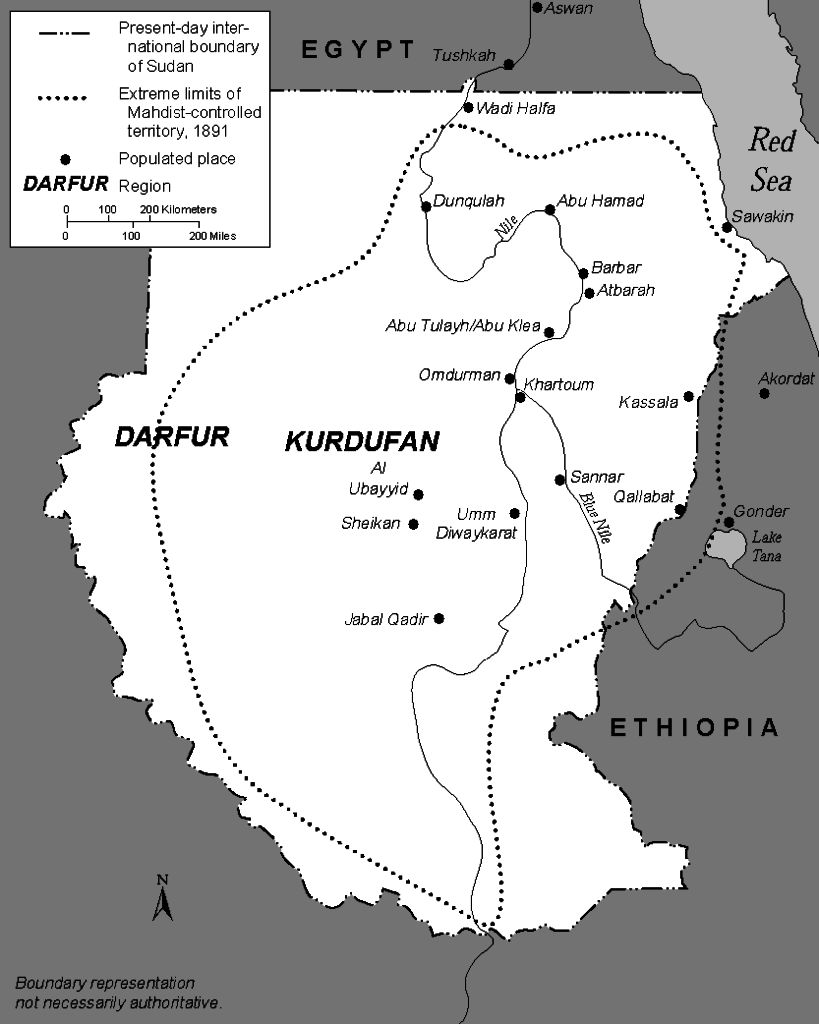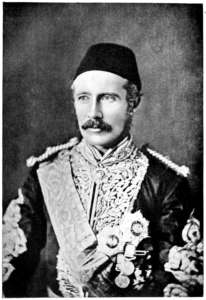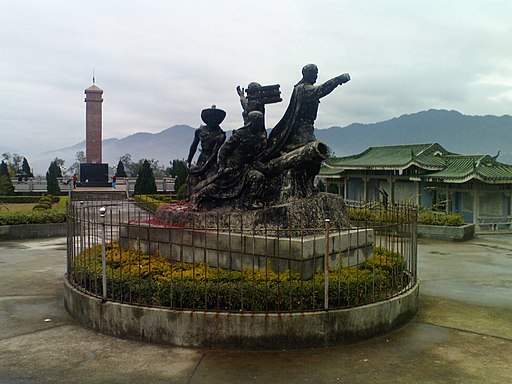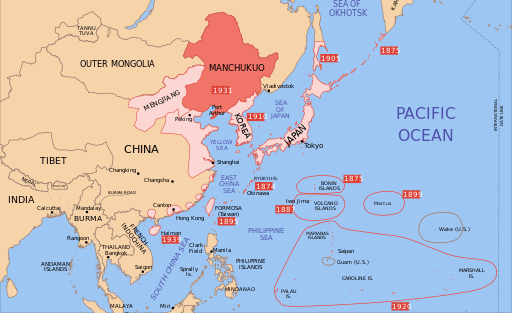In the 1850s a man who styled himself as the younger brother of Jesus Christ led China into a bloody rebellion. China in the early 1800s was ravaged by famine, natural disasters, and British meddling that introduced opium (and the Opium Wars) to the population. The country was ripe for rebellion against the Qing Dynasty who, being Manchurian, were often perceived as foreigners by many of China’s Han population. Into all of this chaos and discontent came a man called Hong Xiuquan who claimed to be the younger brother of Jesus Christ. Hong founded an organization called the God Worshipping Society, and he and his Christian rebels would attempt to destroy not only the Qing Dynasty, but also prevailing Chinese ideas of religion and civilization.
This week’s show tracks the reasons behind China’s Taiping Rebellion, and gives a bit of background about Hong himself. Next week’s show will focus on the war itself, and the eventual fall of the Taiping Heavenly Kingdom. The image below (made some time after the Taiping rebellion in 1886) shows Chinese Imperial soldiers retaking a provincial capital from Taiping rebels.
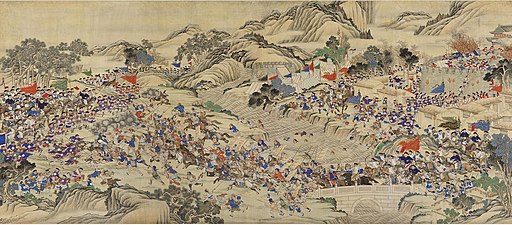
Related Links:
A website all about the Taiping Rebellion with a fairly obvious URL.
A timeline for the Taiping Rebellion.
BBC Radio 4’s In Our Time (one of my all-time favorite shows) on the Taiping Rebellion.
Podcast: Play in new window | Download
Subscribe:
